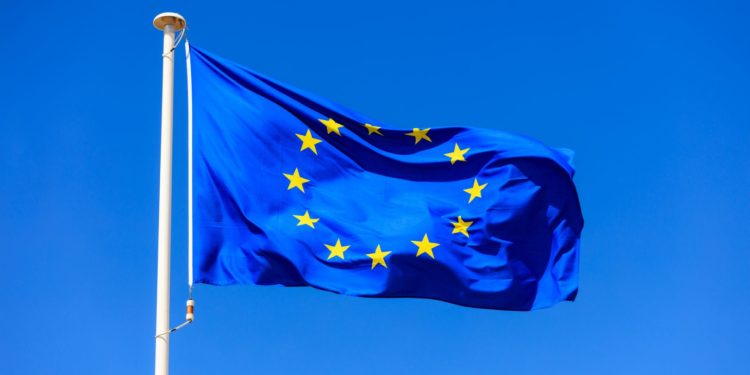The citizens of the European Union (EU) came together on Sunday to vote for a new parliament, and the results speak volumes, raising questions about the future of globalization. The European People’s Party (EPP) won the election and, with the win, per the latest projections by the EU, gained 186 seats, an increase of 10 seats.
The results show that the citizens of the European Union are preferring conservative and far-right policy approaches. But what does this mean for the concept of globalization? Is this the final sign that citizens have given up on the idea of globalization and are willing to move towards de-risking and shifting their attention to domestic issues?
As many expected, the European People’s Party (EPP) won the election and forced the hands of many central and left leaders. In the aftermath of the victory of LaPenn’s Rassemblement National, President Macron immediately initiated the dissolution of the French parliament. This dissolution, an attempt to redo a national election to remain in power, has already been met with criticism. Politico reported that “The center-right Les Républicains say they are open to working with France’s two main far-right parties”, and start negotiations between the right and two far-right parties.
Germany’s Social-Democratic Party (SPD) of Chancellor Olaf Scholz ended up third, tailing the far-right Alternative for Germany (AfD), which scored 2% higher. Italy’s governing party, Fratelli d’Italia, led by Georgia Meloni, won the Italian election with a 4% difference from the social democratic Partito Democratica. Overall, the European People’s Party gained 10 seats and gathered more than 25% of all votes, according to the latest numbers, published by the European Union. The data shows that not only in the major European states the public has the desire to move to conservatism and far-right parties but also in smaller states such as Denmark, Austria, Hungary, and many more.
While each party set a different focus in their respective agenda, we see similarities across the campaigns leading up to the election. Examples included the agricultural regulations and restrictions, which have led to massive protests across the European Union, especially in Germany and France. These restrictions have hampered the production of local products while increasing competition through imports from other states.
Connected to the agricultural regulations are also several legislation and regulations that trace back to the EU Green Deal. Examples on the EU level include the Corporate Sustainability Reporting Directive (CSRD) and Corporate Sustainable Due Diligence Directive (CSDDD), which required businesses to restructure and dedicate increasing amounts of resources to achieve compliance. This occurred in a time when supply chains and organizational resilience were in doubt, and of priority.
The arguments that these restrictions are to be reconsidered in an attempt to de-risk and re-shift the production and manufacturing away from the global sphere and into a regional, if not local sphere, while loosening the regulatory grip on businesses seem to become more popular with the people, suggesting a popular desire to move away from a global approach to a more regional and local approach.
While it is still up in the air what changes the new EU set-up will be targeting and prioritizing, the population seems to be in support while sending a message to the current set-up that the people’s priorities have changed with the recent events.
What was the desire for globalization is now the desire for local and regional prioritization, while businesses and governments are in the process of mitigation through de-risking and de-coupling the economies from external dependencies.




